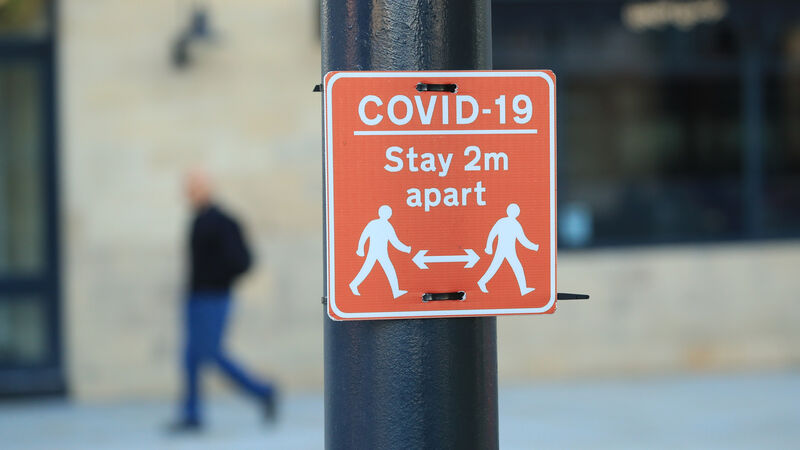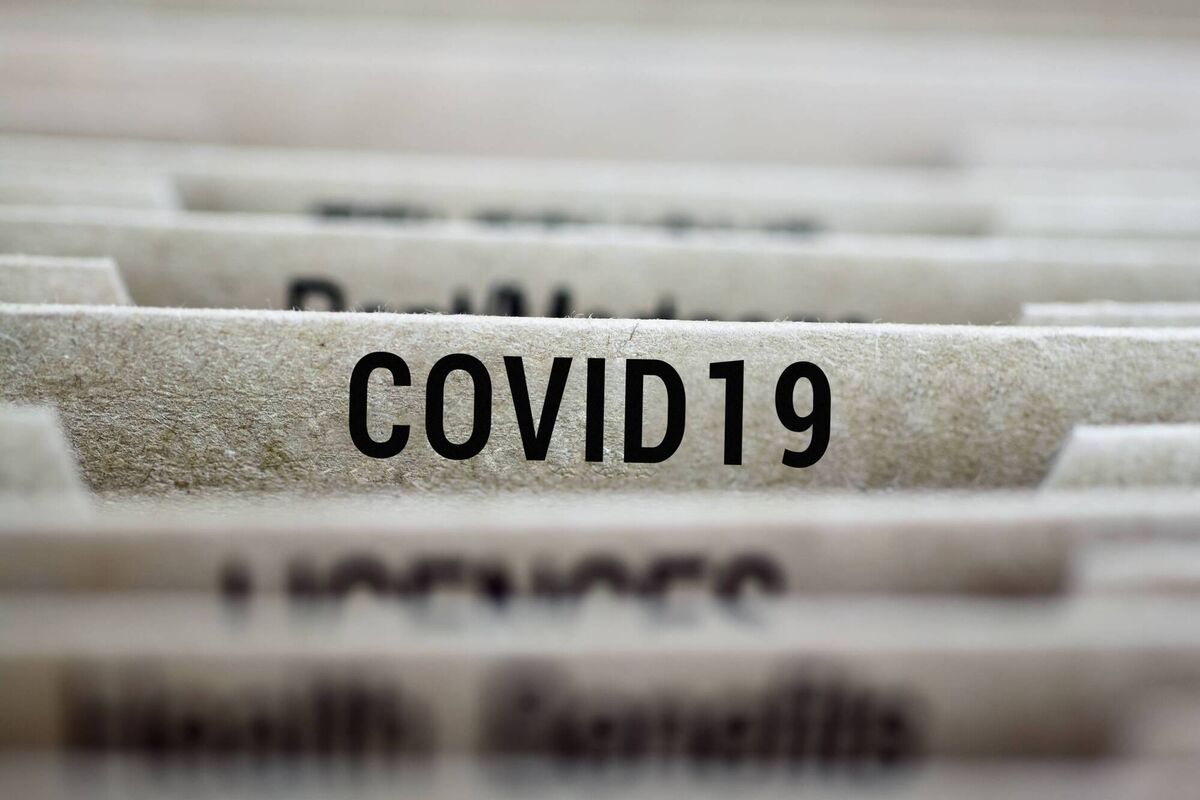Confusion over whether Covid-19 restrictions were guidelines or legal requirements

People were unsure about what measures were just guidelines and what was a legal requirement to follow, the Oireachtas Special Committee on Covid-19 Response has been told. File picture: Danny lawson
Irish people should have been given more clarity in relation to Covid-19 restrictions, with people unsure about what measures were just guidelines and what was a legal requirement to follow, the Oireachtas Special Committee on Covid-19 Response has been told.
The State may also have used this confusion to ensure people complied with the guidelines, according to David Kenny of Trinity's Covid-19 Law and Human Rights Observatory.
Submissions were made by the Law Society of Ireland, the Bar of Ireland, and Trinity College's Covid-19 Law and Human Rights Observatory in relation to the legal implications of the Covid-19 restrictions.
"There was a need for clearer communication as to precisely what restrictions were being imposed, the rationale for those restrictions, whether or not they were intended to have legal effect, and any sanctions for breaches," said Michelle O'Boyle, president of The Law Society of Ireland.
In pre-submitted opening remarks, The Law Society also warned against the use of Garda powers, ordinarily reserved for criminal investigations, to police health regulations.
Meanwhile, Maura McNally, Chair of the Council of the Bar, said in pre-submitted opening remarks that the Bar of Ireland is calling for the courts to operate at their proper capacity, in order to prevent a backlog of cases.
She said: "The revised arrangements were not able to accommodate the hearing of cases requiring the attendance of a number of people, such as trials by jury, equity/chancery and personal injuries cases, and cases with a multiplicity of parties could not be accommodated."
For personal injury claims, she said those who have suffered from catastrophic life-changing injuries, who are out of work and may be receiving specialist treatment, are waiting to access the courts in order to get compensation.
She said: "This [backlog] is a particular concern in relation to criminal trials resulting in further delays for victims of crime, who often have to undergo the stressful experience of giving evidence of their ordeal, and for those awaiting trial, to include those who would wish the charge against them to be disposed of in a timely way, particularly if they are incarcerated pending trial."
She said only monetary investment could solve this, and suggested the renting out of larger venues, such as juries being accommodated in ballrooms or sports halls.
In terms of delays, Ms McNally said there were roughly 900-1000 criminal cases heard every year, and there was already a 12-month delay in 2019, with the six-month lockdown backlog to be added to this.

Dr David Kenny of Trinity's Covid-19 Law and Human Rights Observatory said there needed to be better "sunsetting" clauses or time limitations in the legislation, as well as a return to the full functioning of the Oireachtas and the full operation of the committee system.
He said: "This is essential during a period where we have handed over extraordinary powers to the executive." He recommended that virtual or hybrid sittings should be implemented, and that this could be done if a constitutional case was taken to test whether it broke the law.
Dr Kenny also added that there was confusion among the public between what were Covid guidelines and what were legal requirements, saying that many 'cocooners' were under the impression that it was illegal for them to leave their house during some parts of the lock down.
He said: "It might be thought in some quarters that this is a useful strategy for ensuring compliance with public health advice, as people will be more likely to comply if they think they are legally obliged to do so.
"But such a strategy raises serious rule of law concerns, and has real costs. It confuses members of the public, erodes public trust in communication about the law, and is an abuse of State power, implying a legal threat that does not exist."





